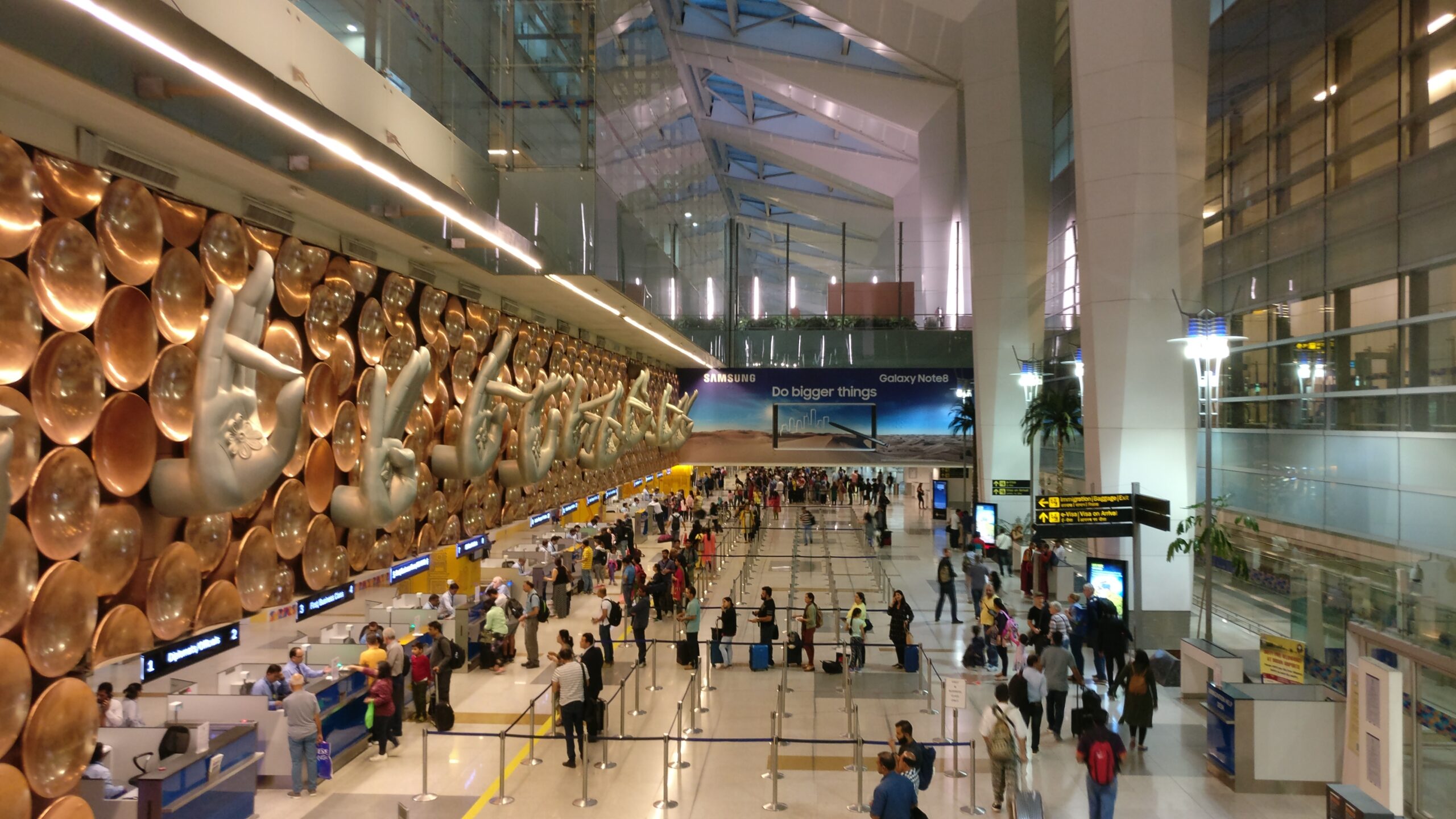Delhi International Airport Limited, which operates the IGI airport has installed the first-of-its-kind IoT (Internet of Things) devices in its vehicles used at Delhi Airport in a bid to save fuel, enhance safety, track locations of vehicles and schedule their maintenance.
Around 1,000 diesel and petrol-operated vehicles are being used in the vicinity of the Delhi Airport which is the country’s busiest airport. These vehicles include two-wheelers (motorcycles), light motor vehicles (LMVs), heavy motor vehicles (HMVs), and tractors.
DIAL, which is a GMR Infrastructure Ltd-led consortium, is installing IoT devices in a phased manner in all its vehicles. By the end of August, all the vehicles of DIAL would be fitted with IoT devices. Since the installation of the IoT devices in these vehicles, DIAL has witnessed enhanced safety standards on the airside and landside. The IoT devices send alerts to authorities concerned whenever there is any violation of safety rules, like driving above the permitted speed limits, driving in or out of designated areas on the airside, DIAL said.
These IoT devices have also helped DIAL in saving precious fuel leading to a significant reduction in carbon emissions in and around the airport. These devices have helped DIAL in saving around 23% fuel in the utility vehicles used by Airport Rescue and Fire Fighting (ARFF), airside operations, security & project and engineering (P&E) teams. Similarly, around 9% of fuel was saved after IoT devices were installed in tractors.
The IoT devices save all data related to the movement of a vehicle, like time, distance, fuel in the vehicle, if the vehicle is idle or moving, etc. Any unauthorized use of vehicles like running the air conditioning while the vehicle is standing, taking a vehicle out of the permitted area, etc. could be monitored easily with the help of these devices. In this way DIAL, managed to save on fuel and check emissions also.
The move will help DIAL in cutting down approximately 8,82,200 kilograms of carbon emissions per year. In five years, these IoT device-fitted vehicles would help DIAL in reducing approximately 44,10,922 kilograms of carbon emissions. The IoT devices are helping DIAL in maintaining these vehicles and keeping them up to date with maintenance. Maintaining fleet health means taking preventive action in addition to reactive action. IoT devices make sure that maintenance is happening when it needs to.
These devices also help DIAL maintain a phasing-out schedule of vehicles that needs to be replaced, as some vehicles are too costly to keep repairing. IoT data can inform fleet managers which vehicles should be replaced and when it is financially optimal to do so. This way, managers can slowly phase out vehicles without having to replace too many vehicles at once.
DIAL has emerged as a role model for other airports in India and abroad for taking proactive measures for environmental sustainability. DIAL has been continuously working towards establishing sustainability initiatives at the Delhi Airport. As part of its environmental sustainability efforts, Delhi Airport has moved to green energy and now uses only hydro and solar power for all its energy needs. The airport became the first airport in India to run entirely on renewable sources (Hydro and Solar) of energy.
Approximately 6% of the airport’s electricity requirement is met from the onsite solar power plants. These plants are on the airside and the roofs of the Cargo terminals of the Indira Gandhi International (IGI) Airport. Starting June 1, 2022, Delhi Airport has adopted renewable energy use from the hydropower plant for its demand of the remaining 94%, thus ending its dependency on non-renewable power. This move will help Delhi Airport in the reduction of indirect energy emissions whopping 200,000 tonnes of CO2 every year.
DIAL is focusing on various initiatives such as renewable energy development and usage, energy efficiency, green building, programs with airlines, operational efficiency measures, green transportation, tree plantation, and management of greenhouse gases (GHG) as per the world body of airport – Airport Council International’s (ACI) Airport Carbon Accreditation.


























